Alzheimer’s leaders converge at AAIC in transitional moment for the space
Alzheimer’s leaders converge at AAIC in transitional moment for the space
Published: Jul 17, 2023
By Heather McKenzie
BioSpace
When Alzheimer’s drug developers arrive in Amsterdam this week for the 2023 Alzheimer’s Association International Conference, they can expect to hear further analysis from Eisai on the now traditionally approved Leqembi and a highly anticipated update on Eli Lilly ‘s donanemab.
Eisai will give five oral presentations focused on Leqembi (lecanemab), including data showing that a subcutaneous form of the drug is predicted to offer comparable efficacy and improved safety compared to the currently approved intravenous version in early Alzheimer’s disease. A single dose of subcutaneous lecanemab is being assessed in a Phase I trial of healthy volunteers.
On Sunday, Eisai presented results of a Phase I study of E2814, an anti-microtubule binding region (MTBR) tau antibody. The company provided insights on target engagement and some of the downstream effects of E2814, Michael Irizarry, Eisai’s deputy chief clinical officer and senior vice president of clinical research, Alzheimer’s disease and brain health, told BioSpace prior to the oral presentation. In particular, it will focus on different tau species measurable in spinal fluid, he said. “With increasing doses of the antibody, we see increased levels of those species bound to the antibody and the [cerebrospinal fluid].”
Irizarry shared that there will be an announcement at the conference about new biological staging for Alzheimer’s disease. He said that while the prior staging was broadly focused on amyloid, tau and neurodegeneration, with the availability of new cerebrospinal fluid and plasma biomarkers as well as tau positron emission tomography (PET) imaging, “the tau portion is now being stretched out, and there’s now early tau stages and later tau stages.
“That’s been helping us in terms of understanding the pharmacodynamic effects of our tau antibody,” Irizarry said.
Meanwhile, AAIC attendees won’t have to wait long for Lilly to provide an update on the Phase III TRAILBLAZER-ALZ 2 study of donanemab as the company will hold a webcast on Monday at 1:30 pm EST.
Lilly reported data from the trial in May showing that treatment with donanemab significantly slowed cognitive and functional deterioration by 35% compared to placebo in the trial’s target population—patients with intermediate levels of the tau protein and clinical symptoms of Alzheimer’s as measured by the integrated Alzheimer’s Disease Rating Scale (iADRS). But researchers are eager to hear further analysis.
“All we’ve seen from donanemab is a high-level press release,” said Constantine (Kostas) Lyketsos, a professor and Alzheimer’s researcher at the Johns Hopkins University School of Medicine. Lyketsos told BioSpace he expected to hear more details about the data at AAIC.
The FDA rejected Lilly’s bid for accelerated approval of donanemab in January, citing trial design in its Complete Response Letter. Lilly expressed its intentions to re-submit the drug for FDA approval in the second quarter of this year, but an announcement is yet to be made.
And on Wednesday, another contender in the space, Athira Pharma, will present biomarker analysis of the ACT-AD and open-label extension clinical trials of fosgonimeton, a small molecule designed to enhance the activity of hepatocyte growth factor (HGF) and its receptor, mesenchymal-epithelial transition (MET), a naturally occurring repair mechanism in the nervous system. This follows data reported from ACT-AD at the 15th Clinical Trials on Alzheimer’s Disease (CTAD) conference in November 2022 showing that the candidate elicited reductions in biomarkers of neurodegeneration and neuroinflammation.
BioSpace will have continuing coverage of AAIC throughout the week.
Source: BioSpace

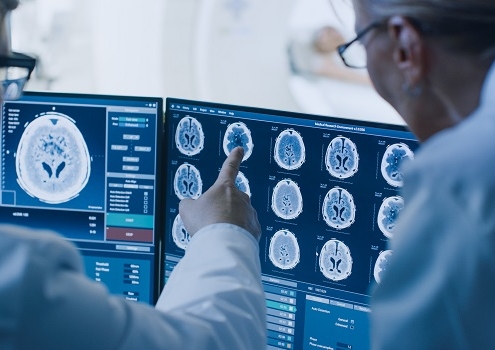
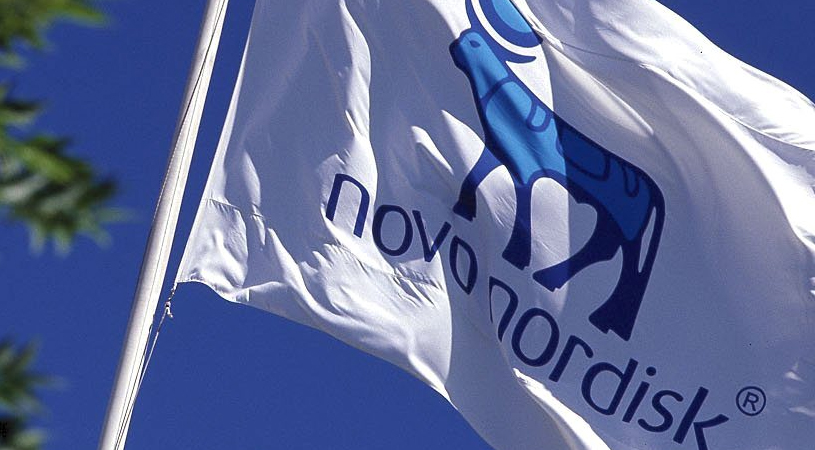
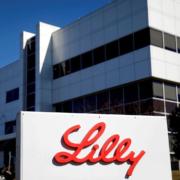
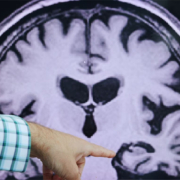
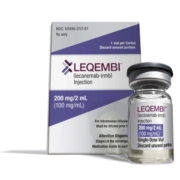


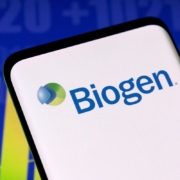
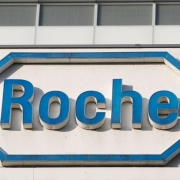 Reuters
Reuters
